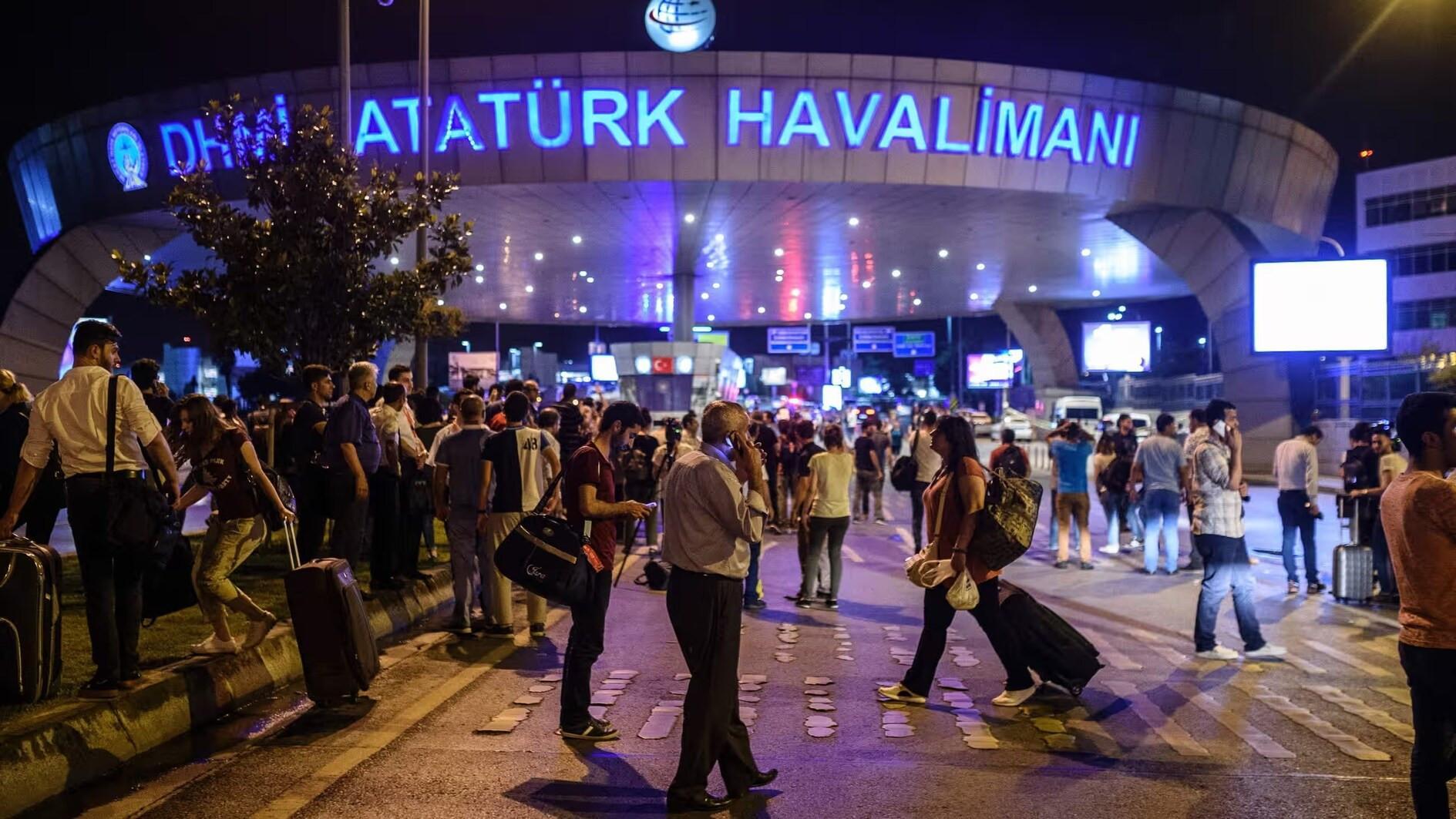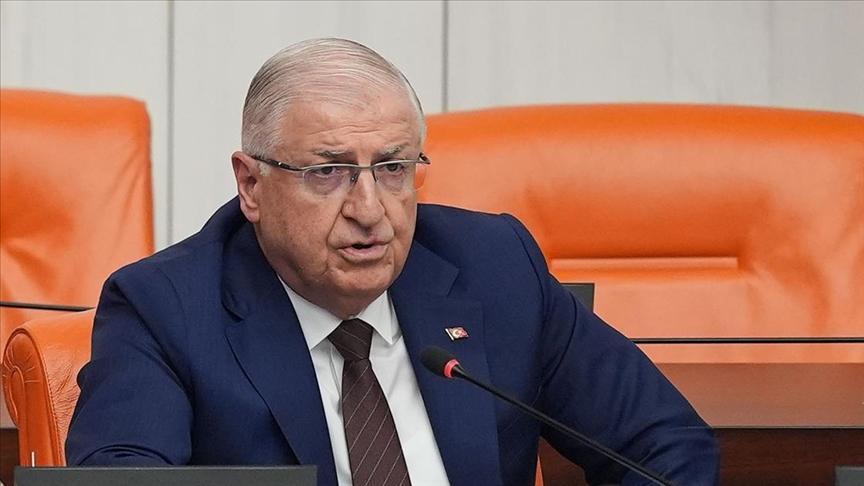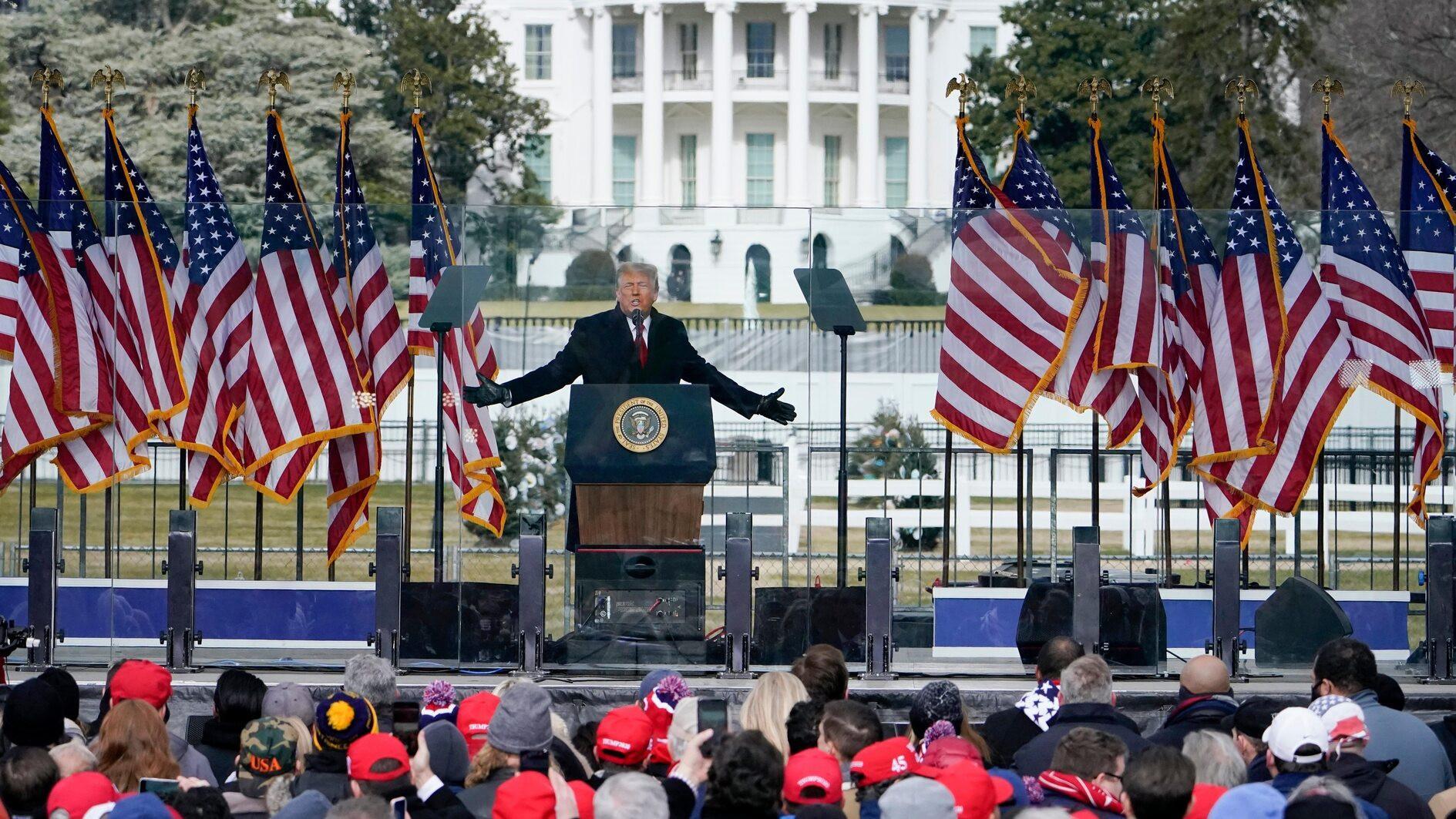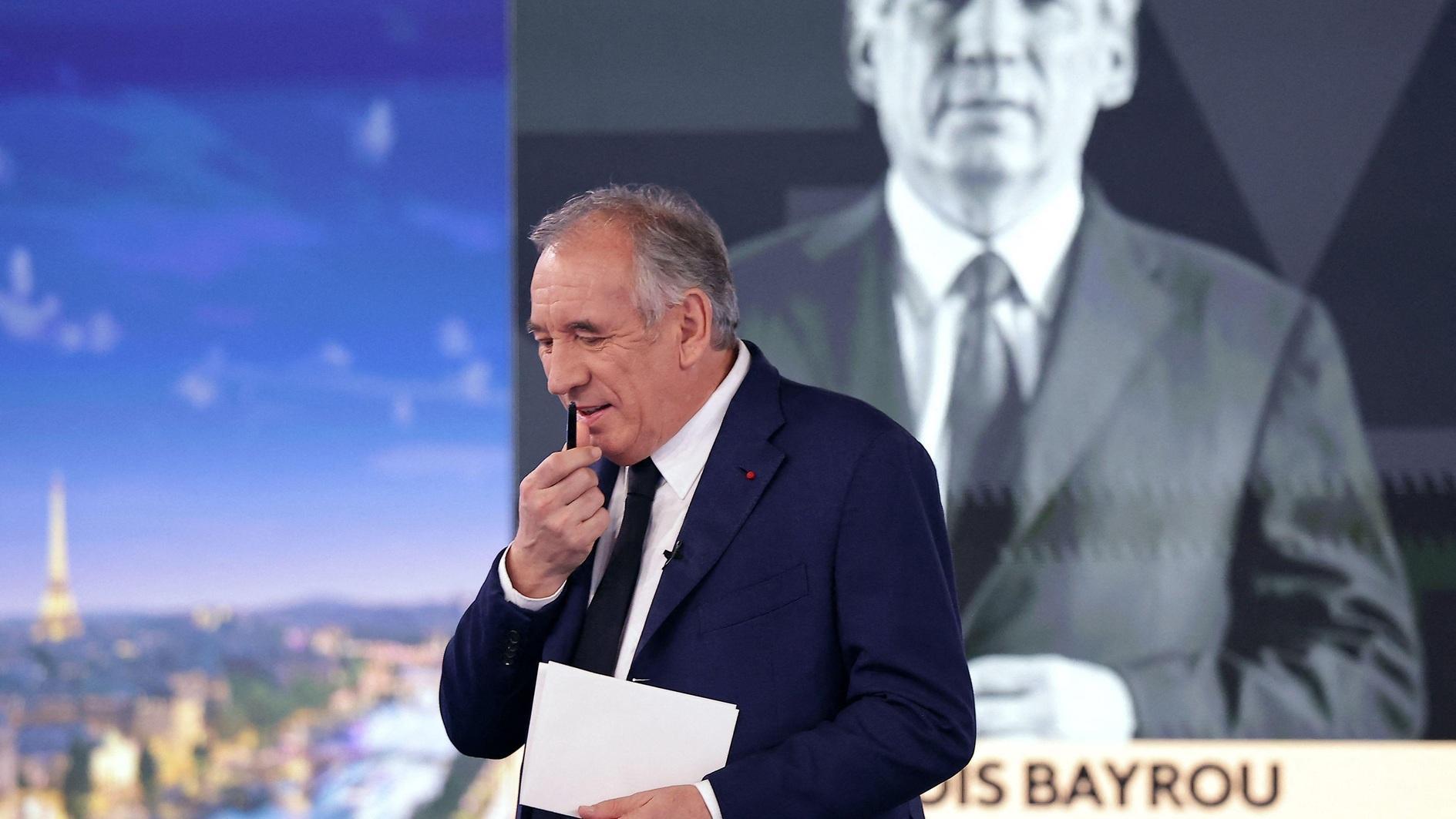Power struggle in the Middle East
The civil war in Syria has been at the top of the international agenda for almost three years. The conflict is still posing a serious threat to the region and its spillover potential into neighboring countries is quite high. The latest developments regarding the use of chemical weapons by the al-Assad regime and/or the opposition groups, as well as the recent Israeli air strikes inside Syria, have increased expectations for an international intervention. Of course, Syria is not the only festering problem in the region. The volatile situation in Iraq, the ongoing dispute over the Iranian nuclear program, the Palestinian-Israeli conflict, uncertainties about Egypt, and several others, are affecting regional balances daily.
While U.S. intelligence agencies confirmed the use of sarin gas against civilians in Syria in late April “with varying degrees of confidence,” Carla del Ponte, a member of the U.N. Commission of Inquiry on Syria, said there were “strong, concrete suspicions” that the Syrian rebels had used poison gas. Although the Commission had to recant under heavy criticism from the U.S., stating that it had “not reached conclusive findings” as to whether such weapons had been used in Syria at all, the whole affair challenges U.S. President Barack Obama, who had declared the use of chemical weapons as the “red line” for the U.S. to act.
Obama is very cautious, coming after the still fresh memories of the false accusations directed toward Iraq before the U.S. operation there by the Bush administration. He is reluctant to approve U.S. involvement without conclusive evidence. He also knows that the U.S. influence in Syria is limited without military intervention, and the American public does not support such an action. In addition, the opposition groups do not represent a credible body to lean on, and an international intervention could make things even worse than they are. As a result, the U.S. is trying to internationalize its response. Secretary of State John Kerry was in Moscow on May 7 to talk to his Russian counterpart Sergei Lavrov. They both agreed on pushing both the regime and the opposition groups for a negotiated solution.
Israeli air strikes on May 3 and 5 pointed to another factor in the crises. The targeted Fateh-110 missiles, apparently intended for Hezbollah, were clear threats to Israel. Israeli Defense Minister Moshe Yaalon warned Syria that Israel would not allow the transfer of “sophisticated weapons to Hezbollah, or other terror organizations.” The fact that the original starting point of such transfers could only be Iran shows that there is more to the regional power struggle than meets the eye.
Turkey, having retreated from its earlier hawkish position on Syria, has been following recent developments closely. They will no doubt come up during Prime Minister Erdoğan’s visit to U.S. on May 16. Turkey and the U.S. have been coordinating their Syrian policies for some time, though frustration is growing in Turkey at international inaction. The 400,000 Syrian refugees in Turkey are fast turning into a problem rather than an opportunity, as originally seen. The International Crisis Group warned Turkey against “betting its reputation on a quick resolution of the crisis” and “projecting the image of being a Sunni Muslim hegemon” in order to be able to talk from a position of greater moral authority. It might already be too late.
The multi-faceted crises in the Middle East sit on top of a wider power struggle in the region. This requires a multi-dimensional approach due to the inherently complicated regional structures. Without accounting for all the conflicting and interested parties, any country’s attempts to find a solution to these problems, or aims at regional hegemony, would be futile. A solution to the Middle East conundrum requires a degree of sophistication.











